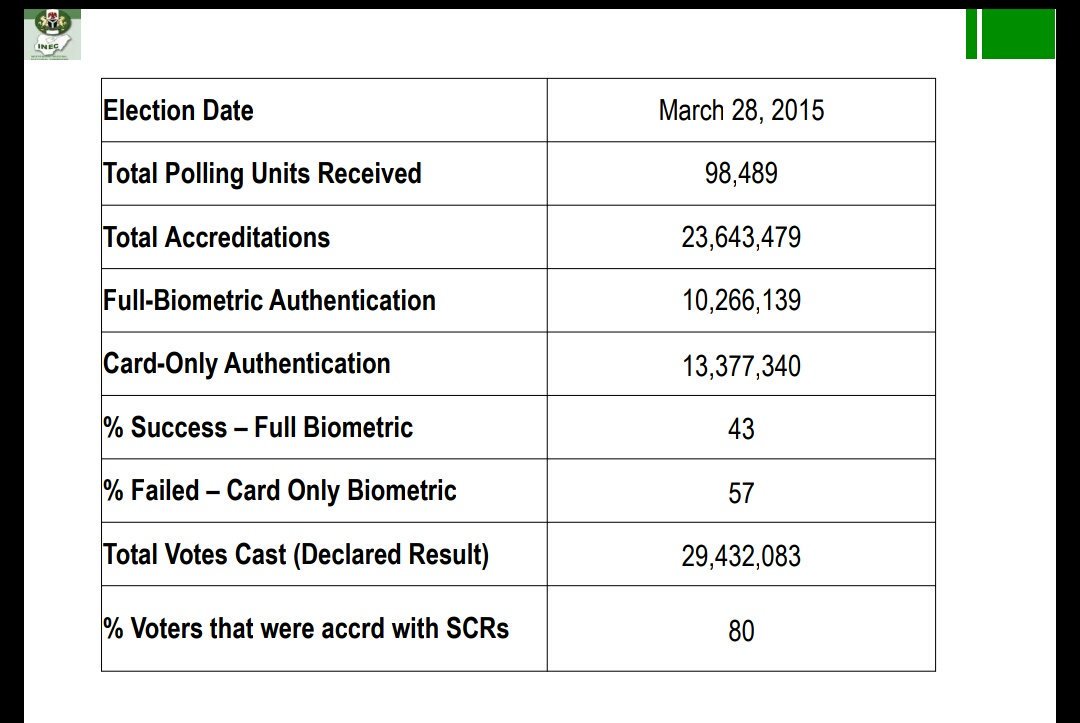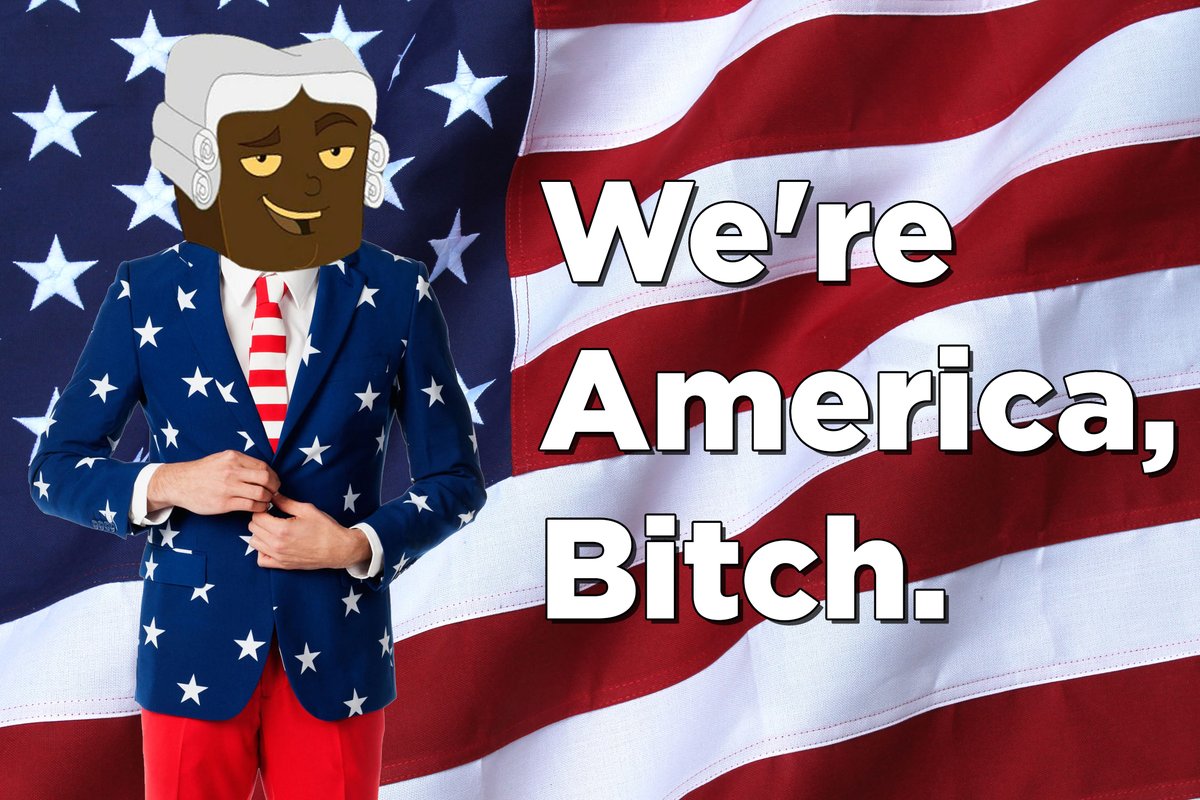The Nigerian economy (like any other economy) is completely dependent on trade.
What is trade? It is the buying and selling of goods and services in exchange for value (money).
In simple terms, there are 2 kinds of trade. Internal and external trade.
Because of Nigeria's highly undeveloped state, we import most of what we consume while we export mostly oil
When we sell oil, or resecieve loans, grants or any other foreign currency, it goes into our reserves.
The CBN is the manager of the reserves.
The CBN publishes the value of our reserves periodically in order to reassure our international partners that we are able to meet up with our obligations as and when due
Why?
This means there'll be general doubt that the country can meet up with its trade obligations
Even when the CBN tries to conduct its own business with a fixed exchange rate, the real value of forex can easily be tracked on the blackmarket.
Rapidly rising exchange rates will also lead to
At some point the country is unable to trade because it cannot meet its foreign currency demands.
This starts to affect the economy and eventually leads to recession.
Devaluation means that CBN officially adjusts the exchange rate with which it trades the nation's currency
This means that a unit of forex will then cost more to purchase in local currency.
If you are selling your goods or services to international buyers, it means that your products will be cheaper and therefore more competitive
Buyers will prefer to trade with you because you have suddenly become more affordable
On the other hand, everything you buy from abroad (ie imports) becomes more expensive.
This narration of events was exactly what happened to Nigeria in 2015/16
Oil prices were approaching $20 a barrel (from $65) & currency speculators globally began betting that Nigeria would devalue its currency.
This led to a recession and large scale job losses
It took the devaluation & a strict policy of import restrictions to bring the situation under control




